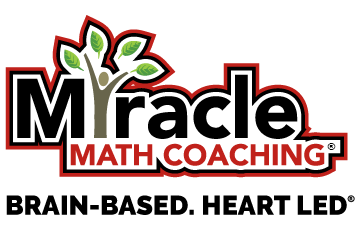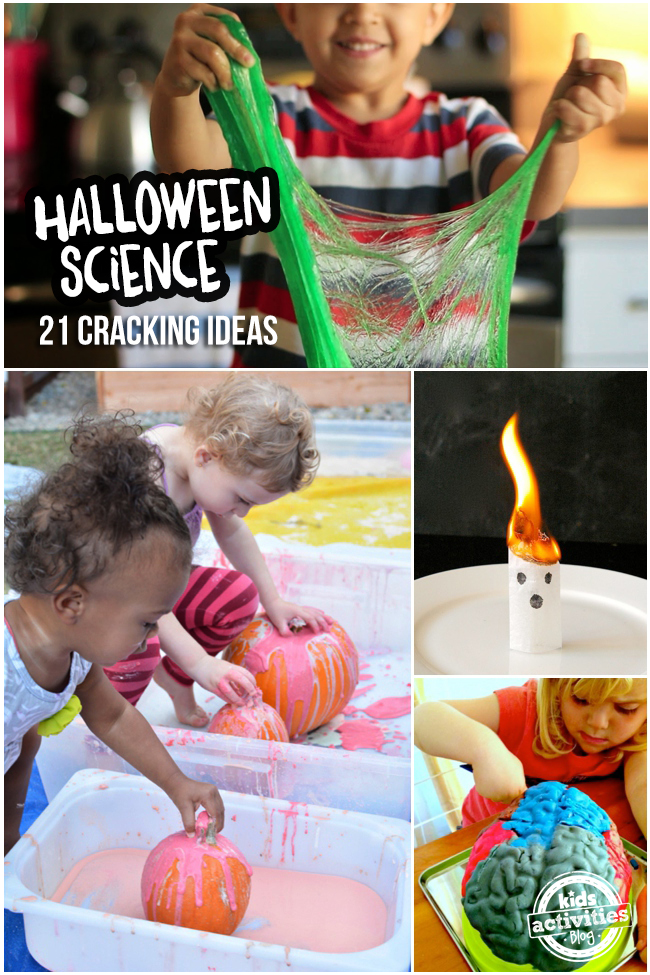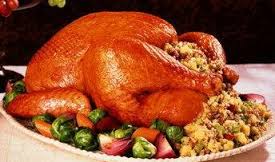9 Easy Ways to Boost your Child’s Brain Power on Thanksgiving
By Deanna Hurn, Founder and Executive Director of Miracle Math Coaching
No need to take a holiday from brain-based learning just because it’s Thanksgiving. We’re all busy, busy, busy on turkey day, of course. But there are simple, no-hassle ways of squeezing in some brain boosters. Here are 10 ways to help your budding Einstein:
- Give Thanks. How cool is it that expressing gratitude – the whole point of this holiday – actually increases brain power? As I relayed recently, a research organization called HeartMath Institute found that feeling grateful activates the body’s systems to “function more efficiently, generating greater balance of emotions and increased mental clarity and brain function.”
If you don’t already, allow time at dinner for everyone around the table to share what she or he is grateful for. Or before dinner, ask your school-age child to survey everyone and write down why each person is grateful. Family and friends can take turns reading the responses at mealtime.
- Serve Brain Food. You don’t have to forsake your traditional recipes. You’re probably already cooking with olive oil and garlic, powerful brain boosters. Tossing walnuts and avocados into a salad will stimulate blood flow to the brain. Make dessert tarts filled with berries, which improve brain health if eaten regularly.
Other brain foods include beets, broccoli spinach, pumpkin seeds, coconut oil and dark chocolate.
- Play Games and Puzzles. This one’s a no-brainer. After your meal (or after your post-dinner nap), pull out the board games and puzzles if you want to get the wheels churning inside your child’s brain. Cards, dominoes, bingo and dice are just of few games that exercise the brain. And, of course, the old standby, Monopoly, takes strategy and creative thinking. For younger kids, there’s even a Monopoly, Jr.
- Read. Thanksgiving can be exhausting. But if you can squeeze in some downtime to read to your children, do it. Reading to them and having them read to you sharpens vocabulary, builds reasoning skills and improves memory. Luckily, there’s no shortage of holiday book suggestions, including “The 12 Best Thanksgiving Books for Children,” provided by the education website, ThoughtCo.com
If you’re just too busy to read, check out these narrated children’s book videos:, here are narrated children’s books. The Thanksgiving Surprise, by Peggy Archer and ‘Twas the Night before Thanksgiving, by Dav Pilkey.
- Watch Football. Who has the time (or in some cases, the interest) to plop down in front of a flat screen on Thanksgiving? Chances are, someone in the house does Guided by Mom, Dad or any of the kinfolk present, children have a great opportunity to sharpen their thinking skills while watching football. Numbers and statistics abound on the gridiron.
Armed with pencil and paper, your older child can track the number of yards a favorite player rushes, the completion rate of the quarterback (the number of throws made divided by the number of throws attempted), the number of yards taken away because of penalties, etc. Sure, the game announcer will give out these stats, but see if your child can tally them on his or her own.
- Ask Questions. A sure-fire brain building activity is to get your child to brainstorm, ponder, challenge, guess and generally figure stuff out. And one way to do that is by asking questions (in between all of the other Thanksgiving prep stuff you’re doing 🙂 Here are some examples –
For Young Children:
- What does your dog (or cat or parrot) think about Thanksgiving?
- Why is having a family so important? What very difficult things would you do to help your family?
- If you had the choice between pumpkin pie and apple pie, which would you rather have as your meal for every meal for a year? What would be the downside of eating like that?
For Older Children:
- Why does time move slowly sometimes (like when you’re hungry) and quickly at other times (when having fun with family)?
- If you could go back and change the first Thanksgiving, what would you change and why?
- If you had to argue that there should be no Thanksgiving, what would you say?
- Send Them out to Play. It’s a proven fact that exercise increases brain functioning. In a 2009 University of Rome study, pre-adolescents who exercised before taking a memory test scored higher than those who didn’t exercise. The more aerobics the better, and so encourage your children to run races or play games like Leap Frog or Tag.
- Download Thanksgiving Apps. You don’t want your child staring at a screen all day, but a little time with brain-boosting technology won’t hurt. Some good free apps include:
Thanksgiving Math Flashcards (Android), which lets kids advance through five levels of adding, subtracting, multiplying and dividing; Hidden Objects Thanksgiving Fall Harvest Puzzle (Apple), in which kids search for items hidden in the background of 30 holiday scenes and Thanksgiving Coloring Book (Android and Apple), which offers 60 colors kids can use to fill in holiday drawings. Google “Children’s Thanksgiving Apps” to find more.
- Enforce Bedtime. The night before a school holiday seems like the perfect time to allow bedtime wiggle room. But think twice before letting your child stay up an extra hour or two. According to the Sleep Foundation, school-aged children need roughly 11 hours a day and teenagers need about 9 hours. Research shows sleep activates specific genes that strengthen brain development. And if you do make an exception, think extra minutes instead of extra hours.
Hope these brain-boosting ideas help your child continue to thrive academically. If you’d like more assistance, call me directly at 707-398-3474. Many parents and student just like you have learned so much from our FREE Learning Discovery Evaluation Click here to sign up now.
We at Miracle Math are extremely grateful for your continued interest and support. From our family to yours, have a wonderful, blessed and Happy Thanksgiving!







